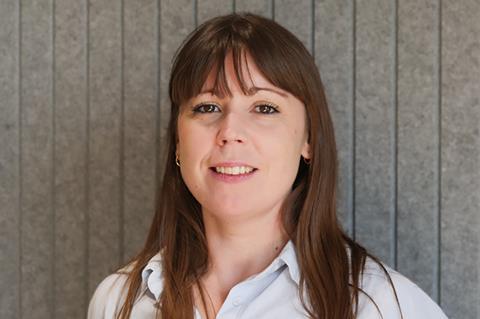
Who? Beatrice Morgan, associate solicitor, Leigh Day.
Why is she in the news? Represented couple Whitney and Megan Bacon-Evans, who have withdrawn their judicial review challenge against NHS Frimley Integrated Care Board (formerly known as NHS Frimley Clinical Commissioning Group) following its commitment to introduce a new policy to tackle inequality faced by same-sex female couples accessing NHS funding for fertility treatment.
Thoughts on the case: ‘The couple’s tireless campaigning and their perseverance with the legal action have had a huge impact on the national debate about fertility equality. Proceedings in the legal case were issued in November 2021, but stayed in light of a proposed policy review by Frimley ICB (then Frimley CCG). In April 2023, further evidence was received which detailed the intention of the new assisted-conception policy. On that basis, the claim was withdrawn. Despite these positive steps, there is still some way to go to address discrimination in the provision of NHS fertility treatment. Frimley ICB has confirmed there will be a policy review and a public consultation in November, but it is not yet clear what changes will be made. To avoid the current postcode lottery, the government will need to take action to ensure that the policies of all ICBs are changed so that couples across the country have equal access to fertility treatment.’
Dealing with the media: ‘Whitney and Megan have an influential online presence and the media have taken a keen interest in this case. This resulted in details of the campaign and the legal action reaching a huge audience. The media coverage, combined with the clients’ own content on their social media platforms, no doubt played a major role in bringing the issue of fertility equality to people’s attention, and has put much-needed pressure on the government to act. In July 2022, the government published the women’s health strategy, which aims to remove additional barriers to NHS fertility treatment for same-sex female couples in England.’
Why become a lawyer? ‘I like working with people and untangling problems. I have always wanted to play a part in improving circumstances for individuals, particularly when they have been treated unfairly.’
Career high: ‘Being part of a team representing core participants of the Infected Blood Inquiry. Seeking answers and redress for people who have been waiting for both for many years has been a real privilege.’
Career low: ‘Seeing the same failures by health and social care providers again and again, leading to fatalities and injuries to some of the most vulnerable in our society. When these failures have been subject to litigation or a coroner’s prevention of future deaths report, it is frustrating and disheartening to see them repeated.’































No comments yet